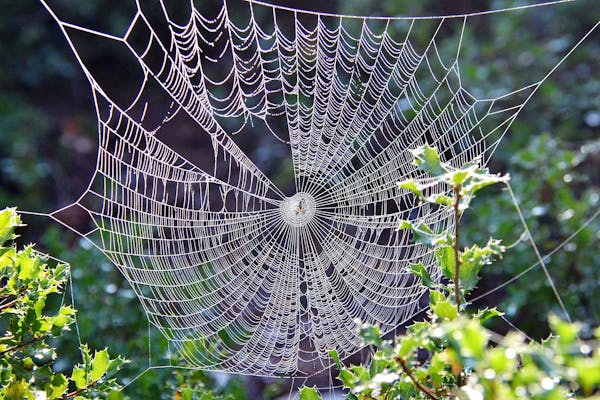
Spiders have fascinated and terrified humans for centuries. These eight-legged creatures are among the most diverse and resourceful predators on the planet. Whether spinning intricate webs, hunting with precision, or adapting to extreme environments, spiders play a crucial role in the ecosystem. Yet, they remain one of the most misunderstood creatures in the animal kingdom.
The Marvel of Web Weaving
One of the most impressive aspects of spiders is their ability to spin silk. Spider silk is not only lightweight but also stronger than steel by weight. Different species use silk for various purposes:
- Orb-weaving spiders create stunning, symmetrical webs to capture prey.
- Trapdoor spiders construct silk-lined burrows with camouflaged lids to ambush insects.
- Bolas spiders use a single strand of silk with a sticky ball at the end to swing at unsuspecting moths.
The diversity in web-making techniques is a testament to their adaptability and survival skills.
Master Hunters of the Insect World
Spiders are not just passive web-dwellers; many species actively hunt their prey. For example:
- Jumping spiders have keen eyesight and pounce on their prey with incredible precision.
- Wolf spiders chase and overpower insects on the ground.
- Trapdoor spiders wait patiently inside burrows before striking with lightning speed.
These hunting strategies help control insect populations, making spiders essential for maintaining ecological balance.
Deadly Venom, But Not for Humans
While many people fear spider bites, the reality is that most species are harmless to humans. Only a few, like the black widow or brown recluse, have venom that poses a threat. However, even these spiders rarely bite unless provoked. In fact, spider venom is now being researched for its potential in medical advancements, including painkillers and cancer treatments.
Spiders in Mythology and Culture
Spiders have long been symbols of creativity, patience, and resilience in various cultures. In African folklore, the trickster Anansi is often depicted as a spider, using intelligence to outwit others. In Native American traditions, the Spider Woman is believed to be a powerful weaver who creates the fabric of the universe. Even in modern pop culture, the concept of Spider-Man taps into the fascination and admiration for these creatures.
Why We Need Spiders
Despite their eerie reputation, spiders are crucial to our environment. They help control insect populations, preventing outbreaks of pests that could damage crops and spread diseases. Their silk and venom hold potential for scientific breakthroughs, and their role in mythology and storytelling highlights their deep-rooted significance in human history.
So, the next time you see a spider in your home, consider letting it be. These tiny architects and hunters are working behind the scenes, keeping our world in balance.





